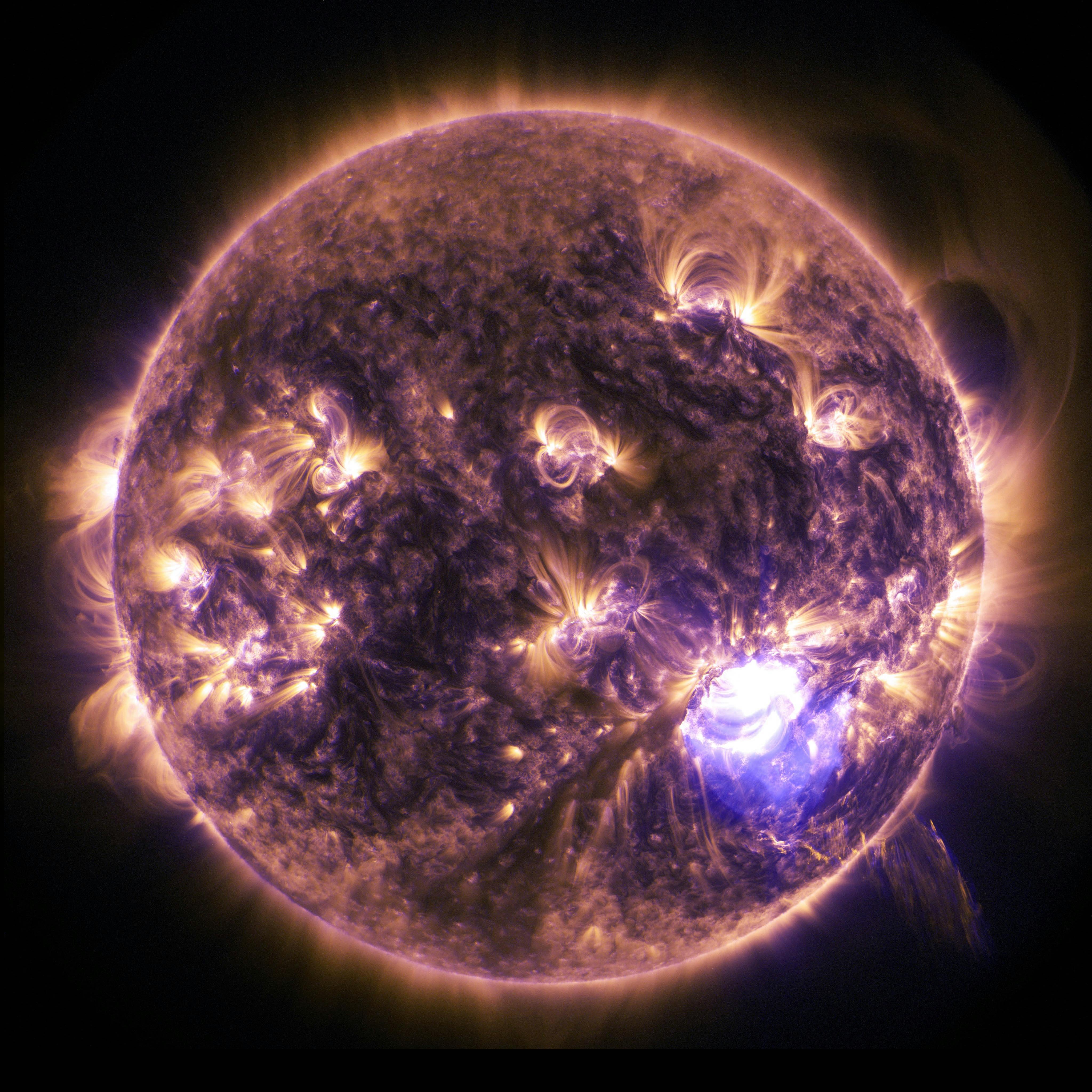
Unmanned Missions
The robotic explorers that expanded our understanding of space.
Major Programs
The Soviet Union's unmanned space program achieved numerous groundbreaking firsts in space exploration, from lunar missions to Venus landings. These robotic pioneers demonstrated Soviet technological capabilities and gathered crucial scientific data.
Luna Program
1959-1976
- Korolev's Luna 2 (1959): First Moon impact
- Luna 9 (1966): First soft landing
- Luna 16 (1970): First automated sample return, using advanced robotics
- Luna 17 (1970): First robotic rover (Lunokhod 1)
Venera Program
1961-1984
- Venera 7 (1970): First Venus landing, pioneering high-temperature electronics
- Venera 9 (1975): First Venus surface images
- Venera 13 (1981): First color photos, 127 minutes on surface
- Vega 1 & 2 (1985): Venus-Halley's Comet dual mission
Mars Program
1960-1973
- Mars 2 (1971): First Mars impact
- Mars 3 (1971): First soft landing
- Mars 5 (1973): Detailed orbital photography
- Phobos 2 (1988): Mars moon studies
Technical Achievements
Venus Exploration
- Survived 462°C surface temperature
- Withstood 90 atmospheres pressure
- First color panoramic images
Lunar Exploration
- Automated sample collection
- Remote-controlled rovers
- High-resolution photography
Significant Achievements
Luna 2 (1959)
First spacecraft to reach the Moon's surface, impacting near the Mare Serenitatis.
Mission Objectives
- Lunar impact
- Radiation measurements
Scientific Results
- No magnetic field detected
- Cosmic ray data collected
Venera 7 (1970)
First spacecraft to make a soft landing on another planet and transmit data from the surface.
Mission Objectives
- Surface landing
- Temperature measurements
Scientific Results
- Surface temperature: 475°C
- Pressure: 90 atmospheres
Scientific Impact
Planetary Science
- First data from Venus's surface
- Lunar soil composition analysis
- Mars atmospheric studies
Technology Development
- High-temperature electronics
- Automated landing systems
- Deep space communication